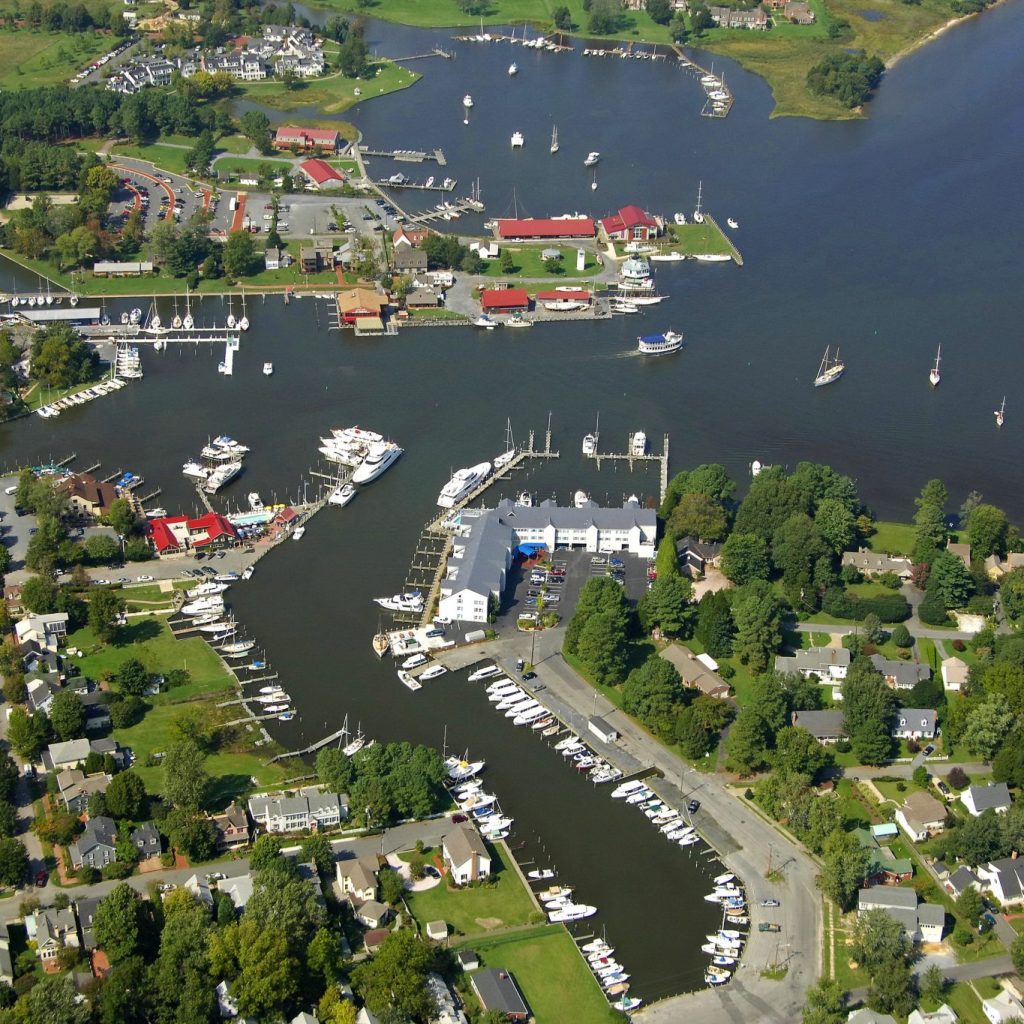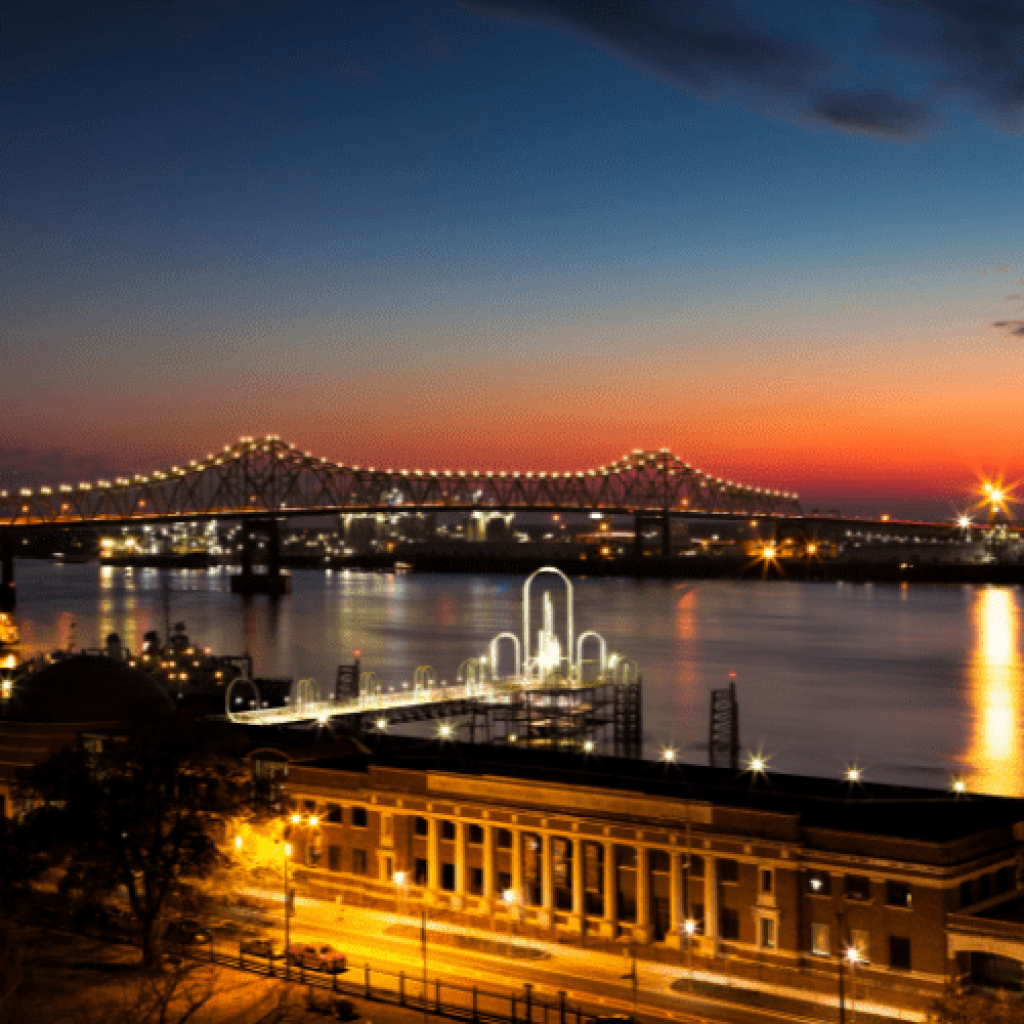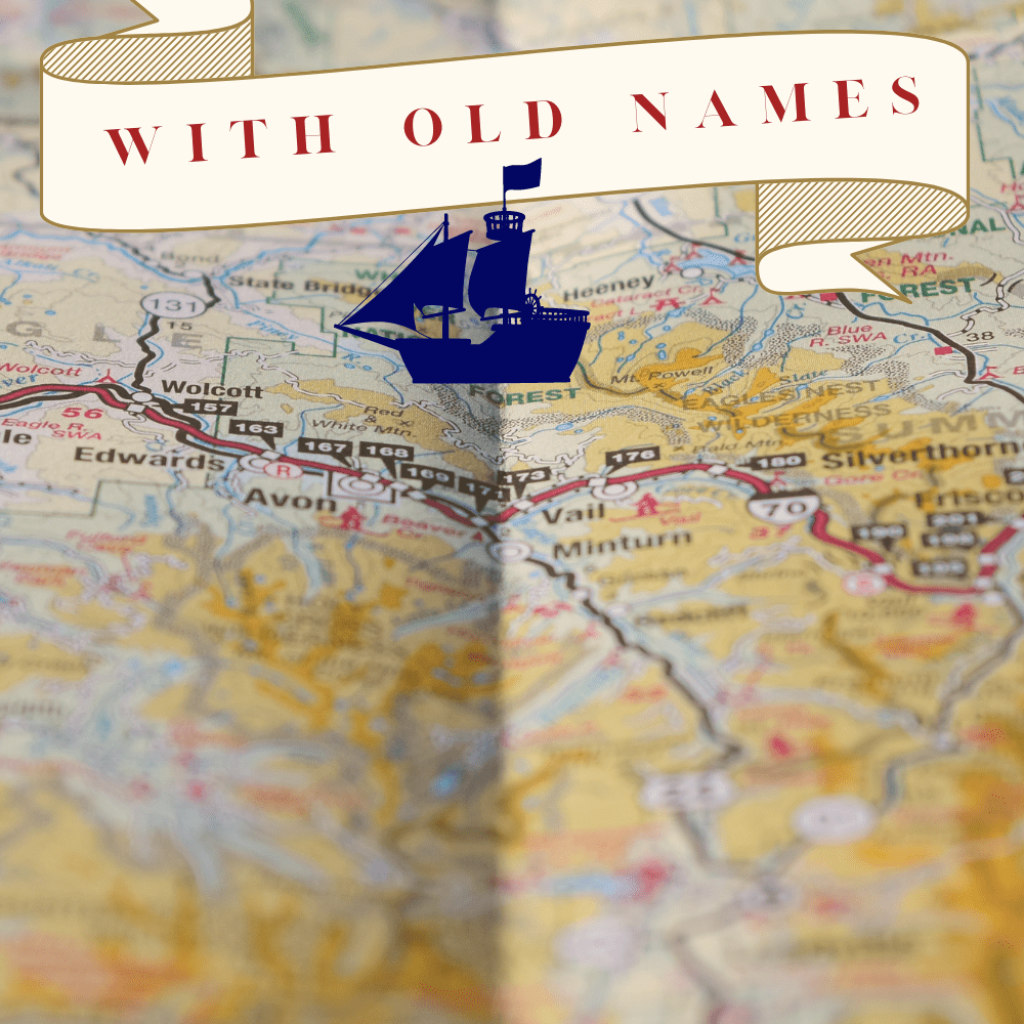
The Influence of Colonies and Immigrants on Place Names
As we travel around the United States, the more you see a country filled with people near and far from all over the globe. Since the beginning, the first settlers chose to name their new home for the very place they just left. It is an odd quirk of human nature that although you flee one country, you name your new surroundings after the old. It speaks to the love of home – although you may need to flee existing circumstances in your home country, you do not despise it. And so many of the United States earliest immigrants came to the colonies and named their new found towns after their homeland.
When you travel around the original 13 colonies, you not surprisingly find many names that come from the British Isles. Sandwich, Massachusetts on Cape Cod is named after the city in England (the Earl of Sandwich is the one who made the term sandwich as we know it today). We have a Boston, Cambridge, Oxford, Portsmouth, Falmouth, Weymouth, Plymouth, Portland, Manchester, Gloucester, Stratford, Lyme, Duxbury, Swansea, Bourne, Durham, Coventry, Somerset, Taunton, Haverhill, Exeter, Scarborough, Worcester, Norwich, Guilford, Danbury, Lancaster, Dover, Lewes, Salisbury, Marlboro, Exmore, Hampton, Suffolk, Norfolk, Windsor, Nottingham – for goodness sake, you would think you were still living in England!
The original European settlers weren’t too creative in their thinking as they also renamed a fair number of cities as the Newest version of the cities they left behind, including New London, New York, New Hampshire, New Bedford, and New Amsterdam among them.
The map of the United States shows signs of its turbulent past through place names. In the Southwest and up into the northern border of California, the names are often Spanish in origin. That land was once a Spanish colony. The lower Mississippi was once a French colony. As more immigrants arrived, they often headed for areas where they could be with people who spoke their language, creating pocket communities of families all from the same region. For example, many Scandinavian and German families settled in the upper Midwest where you will today find cities with names such as Holland, Stockholm, and New Amsterdam on the upper Mississippi. As you head further south, you find a pocket of French names including Prairie du Chien and Marquette, and then a mixture of European names such as Guttenberg, Osterdock, Luxemburg, Dubuque, Le Claire, Bettendorf, Montpelier, La Grange, Waterloo, Prairie du Rocher, Cape Girardeau, Baton Rouge, and down to New Orleans, where you find so much French influence. And throughout it all, from coast to coast, you find words and places from the indigenous peoples who once lived there.
People have always named new cities after their heritage – which is why we have a Lyon, Perthshire, Rome, and Dublin, USA all in the same area of the mid-Mississippi River. We are a melting pot of peoples from all over the world – some of whom were able to name a city after their home countries, while many were not. For example, you would be hard pressed to find a city with an African city name, named by a former enslaved person. It is a mind opening journey to travel around the United States and think about all those place names and how they came to be. Next time you are on a journey along the East Coastline, up the Mississippi, cruising the Great Lakes, or sailing the San Juan Islands, consider the history of those place names. The map tells a fascinating American story.
Interesting fact:
Chicago was named after the French version of a local tribal word
for a “stinky garlic” allium plant that grew wild in the area, or “shikaakwa.”
Some place names are pretty tough to figure out unless you’re a local… here are a few tips we’ve picked up along our travels:
Louisville, Kentucky
Known for horse racing and bourbon
“LOO-uh-vuhl” (although there are a few variations!)
Paducah, Kentucky
Known for its creative community and Civil War history
“puh DOO kuh”
Mackinac Island, Michigan
Known for streets without cars and horse drawn carriages
The last C is silent…
“MACK-uh-naw”
New Orleans, Louisiana
Known for Mardi Gras celebrations, Jazz music, and Creole food
“nu-OR-linz”
Not Nawlins or New Or-leeeenz.
Willamette River, Oregon
Known for world famous Oregon wines, and flowing past many snow covered mountains
“will-AM-it” “OR-ee-gun”
Puget Sound, Washington
Known for orcas, coffee shops, and snow covered mountains
“PEW – jit”
The Dalles, Oregon
Known for being a last stop on the Oregon Trail
Yes, you actually say “The” before saying DALS (not Dallas and not Dayles)
Portsmouth, New Hampshire
Known for its New England charm
“PORTSmuth”
Gloucester, Massachusetts
Known for its seafaring history
“GLAWster”
Norfolk, Virginia
Known for its naval station, historic district, and mermaid art.
“NORfulk”
Try a cruise vacation sampling some rich American history along the way on one of these cruises:
Great Lakes & Thunder Bay- Victory II
Roundtrip Chicago
- 15 Nights
- May 29, 2025,June 12, 2025
- From $8,699
- Victory II





